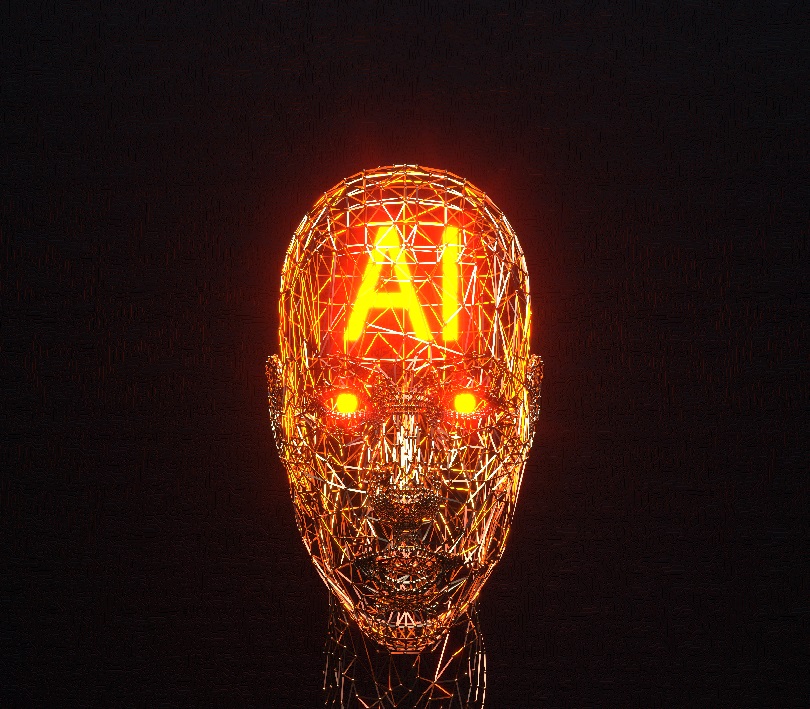The concept of AI singularity has captured the imagination of technologists, scientists, and futurists alike. Often portrayed in science fiction as a turning point in human history, the AI singularity represents a hypothetical moment when artificial intelligence surpasses human intelligence, leading to rapid, self-improving AI systems. In this article, we will explore the current state of AI, the potential timeline towards the singularity, and the profound implications it holds for society.

Understanding the AI Singularity
The AI singularity is a theoretical event where AI reaches a level of superintelligence, surpassing human cognitive capabilities in virtually every aspect. This event is often referred to as a point of “technological singularity,” where the future becomes difficult to predict due to the rapid and exponential advancement of AI systems.
The trajectory toward the AI singularity is based on the concept of recursive self-improvement, wherein AI systems develop the capability to enhance their own intelligence without human intervention. This process would result in an ever-accelerating intelligence growth curve, potentially leading to a monumental shift in society and technology.
Current State of AI
As of the time of this writing, AI has made significant strides in various fields, with machine learning and deep learning algorithms driving advancements. AI is now capable of performing complex tasks such as image and speech recognition, natural language processing, and playing strategic games like chess and Go at superhuman levels. We have also witnessed the integration of AI into everyday life, from virtual assistants like Siri and Alexa to recommendation algorithms on social media platforms and online shopping websites.
Despite these remarkable achievements, AI still lacks genuine general intelligence, often referred to as AGI (Artificial General Intelligence). AGI would enable machines to reason, learn, and solve problems across a wide range of domains at a level comparable to or exceeding human capabilities. The development of AGI remains one of the key stepping stones towards the AI singularity.
The Path to the AI Singularity
Predicting the exact timeline of the it remains a challenge. Some experts believe that we are on the verge of rapid acceleration, while others argue that it may still be decades away. The path to the singularity depends on several factors, including breakthroughs in AI research, computational power, and ethical considerations.
Several prominent figures in the field, such as Ray Kurzweil, have proposed various timelines for the AI singularity. Kurzweil’s famous “Law of Accelerating Returns” predicts that technological progress is exponential and that AI will surpass human intelligence by 2045. However, others caution that such predictions should be taken with a grain of skepticism, as the complexity of AGI and the numerous challenges it presents could slow down progress significantly.
Implications of the AI Singularity
The potential ramifications of the AI are both exhilarating and daunting. Let’s explore some of the major implications that this transformational event could have on society, economy, and ethics.
Technological Unemployment: As AI becomes capable of outperforming humans in various tasks, widespread automation could lead to job displacement and technological unemployment. This shift would require significant societal adjustments and may necessitate the reimagining of our economic structures.
Superintelligence: Once AI reaches the singularity, its ability to improve itself could lead to superintelligence that surpasses human comprehension. The decisions made by such entities would be beyond human control, raising concerns about AI’s goals and values.
Medical Advancements: This could revolutionize healthcare by enabling AI to analyze vast amounts of medical data and discover novel treatments and cures for diseases, ultimately extending human lifespan.
Ethical Considerations: Building AGI necessitates addressing complex ethical questions. Ensuring that AI systems align with human values, avoid harmful behaviors, and respect privacy will be crucial for a safe and beneficial transition to the singularity.
Existential Risk: Some experts warn about the potential dangers of the AI singularity, emphasizing the need for robust safety measures to prevent unintended consequences or malicious uses of superintelligent AI.
Accelerating Innovation: The rapid progression of technology could lead to unprecedented innovation in various fields, transforming industries and reshaping economies.
Human Augmentation: The singularity might pave the way for human-machine integration, allowing individuals to enhance their cognitive abilities through neural interfaces and brain-computer interfaces.
Conclusion
It remains an enigmatic event on the horizon of technological evolution. While AI has made incredible strides in recent years, the path to superintelligence remains uncertain. The implications of the singularity, whether positive or negative, will depend on our ability to navigate the ethical, societal, and technical challenges that lie ahead.
As we continue to develop AI technologies, it is crucial to remember that the journey towards the AI singularity is not just about technological progress, but also about ensuring that AI serves humanity’s best interests. By fostering responsible research, ethical principles, and global collaboration, we can better prepare for this transformative event and maximize its potential benefits while mitigating potential risks. It represents a crossroads in human history, and the decisions we make today will shape the course of our future alongside artificial intelligence.
Related Articles:
1. What Is the Singularity? | Definition from TechTarget
2. The AI Singularity: A Threat to Humanity
3. Don’t Worry About The AI Singularity



